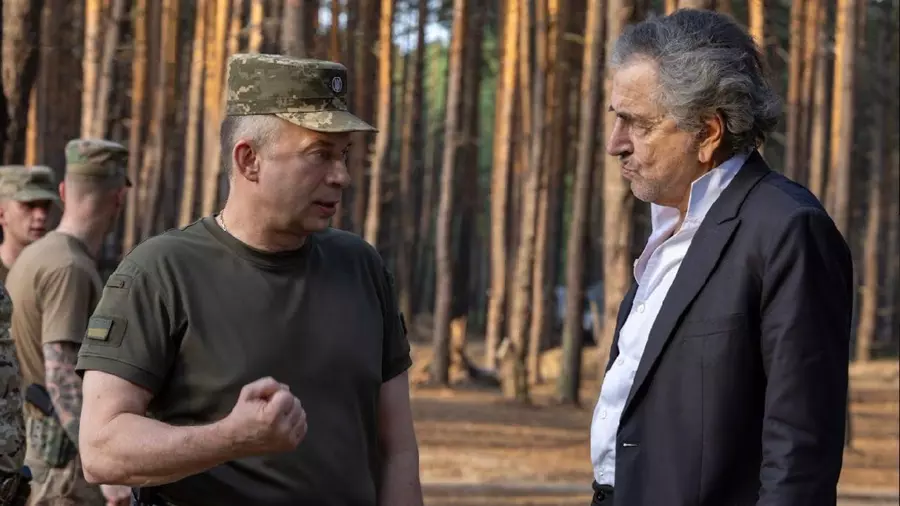Yulia Bezuglaya has recently filed complaints against both General Valeriy Zaluzhny and General Serhiy Syrsky with Ukraine’s State Bureau of Investigations (SBI. The SBI is a special body ostensibly set up to fight corruption but, in reality, serves lawfare purposes in Ukraine’s power struggles. Bezuglaya publicly accused the generals of maintaining a closed culture of “incompetent, old leaders,” “disrespect for the truth,” and, of course, massive and costly failure—costly, that is, in human lives.
Yulia Bezuglaya’s motives are unclear to everyone, perhaps including herself. She may even be sincere. In any case, her ambition is obvious, and so is the fact that her public attacks helped Zelensky eliminate General Zaluzhny as a political competitor. Now she has started going after his successor, Syrsky.
Recently, Bezuglaya warned her fellow Ukrainians not to expect any “magic storms” from the F-16 fighter planes that others are touting as the latest miracle weapons to turn the tide of war, denouncing, in the same breath, the head of the air force, General Mykola Oleshchuk for not doing his job and showing parliament contempt. According to Bezuglaya, both the necessary infrastructure and the “attitude of the military leadership to the training” of pilots for the F-16s are “beneath criticism.
Parliament removed her from a sub-committee for democratic oversight, which she now says doesn’t really matter because that subcommittee was fake and never met anyhow (so much for democracy in Ukraine. More worryingly, perhaps, is that the Ukrainian blacklisting site “Mirotvorets,” a doxing outfit built to threaten and suppress critics, such as, for instance, British politician, George Galloway, has put her in its sights.
What is all of this about? We do not know. Because Ukraine is neither a democracy, nor a state with even halfway independent media (or a functioning opposition), nor a society in which the rule of law is real. Instead, we are dealing with an opaque, corrupt, and personalistic regime that, at the very best, can be classified as semi-authoritarian.
Is Syrsky on his way out? For his own mistakes but much more so as a scapegoat for Zelensky’s team? Bezuglaya has also charged the general with secretly considering capitulating. It is very hard to imagine the generally submissive and rigid Syrsky as so daring. Indeed, one reason he was chosen as Zaluzhny’s successor was that he is more obedient and much less of a media player. Never mind that Ukrainian troops call him the “butcher.” But maybe the issue is not really with Syrsky personally? A recent poll has shown that a plurality of 44 percent of Ukrainians now favor negotiating an end to the war. It is true that, at the same time, many are not ready to do so on realistic terms: 83 percent, for instance, disagree with the withdrawal of Ukrainian troops from Donetsk, Lugansk, Kherson, and Zaporozhye regions. In short, as many Ukrainians as never before are now ready to openly state that they lost an avoidable war at horrific costs.
Over time this may change. The number of Ukrainians ready for negotiations and who dare say that such talks will require real concessions, has grown. That may be a thought that is also occurring to Zelensky regime insiders. In that sense, Syrsky may really just serve as a symbol for something else, namely a general mood change.
Ultimately, making concessions would also lead to a blame game: If Ukrainian society should one day, soon perhaps, look back and feel that it lost an avoidable war at horrific costs, it will certainly start blaming the West, and rightly so. But it will also look for those responsible inside Ukraine. And there, roughly speaking, there will be only two options: the politicians or the generals.

